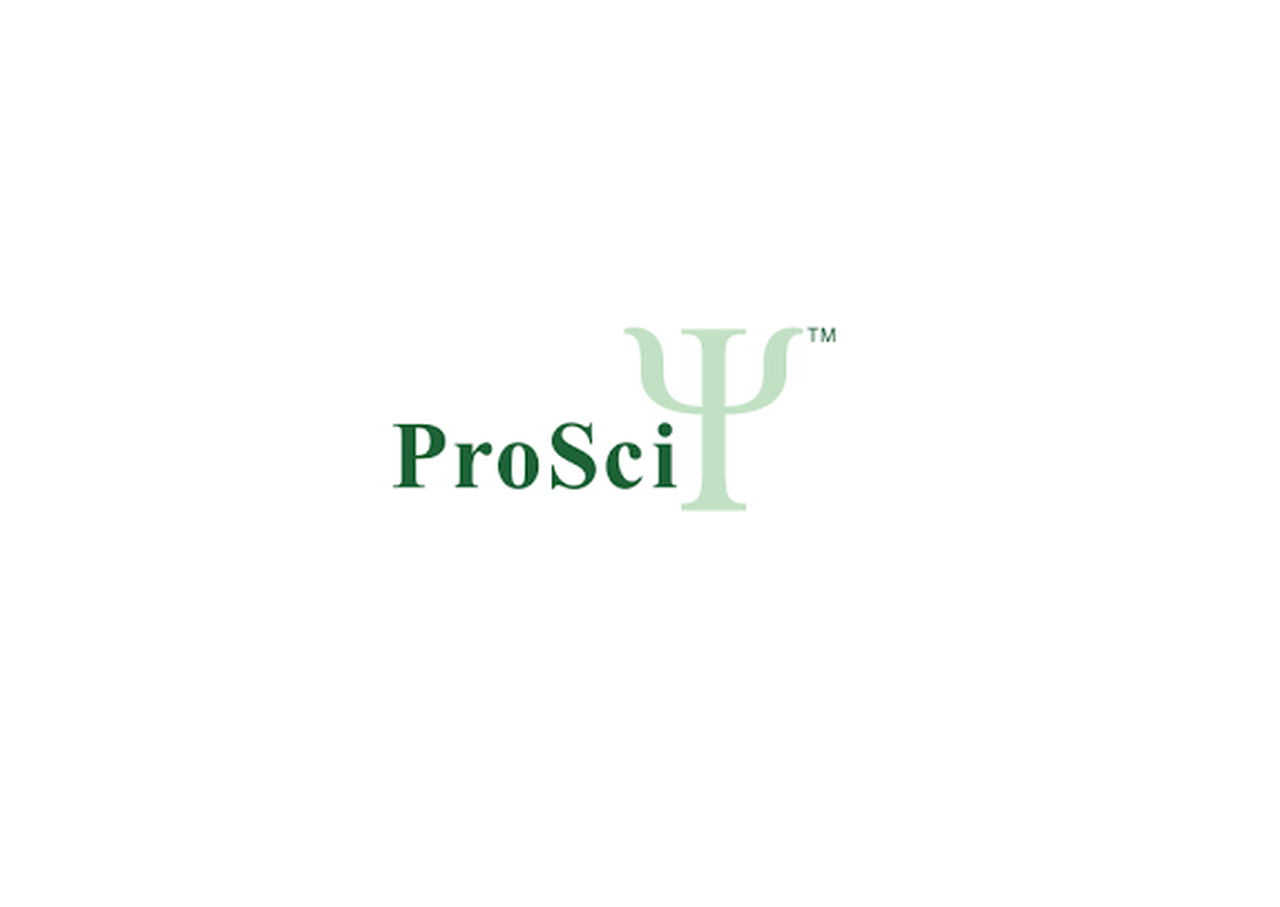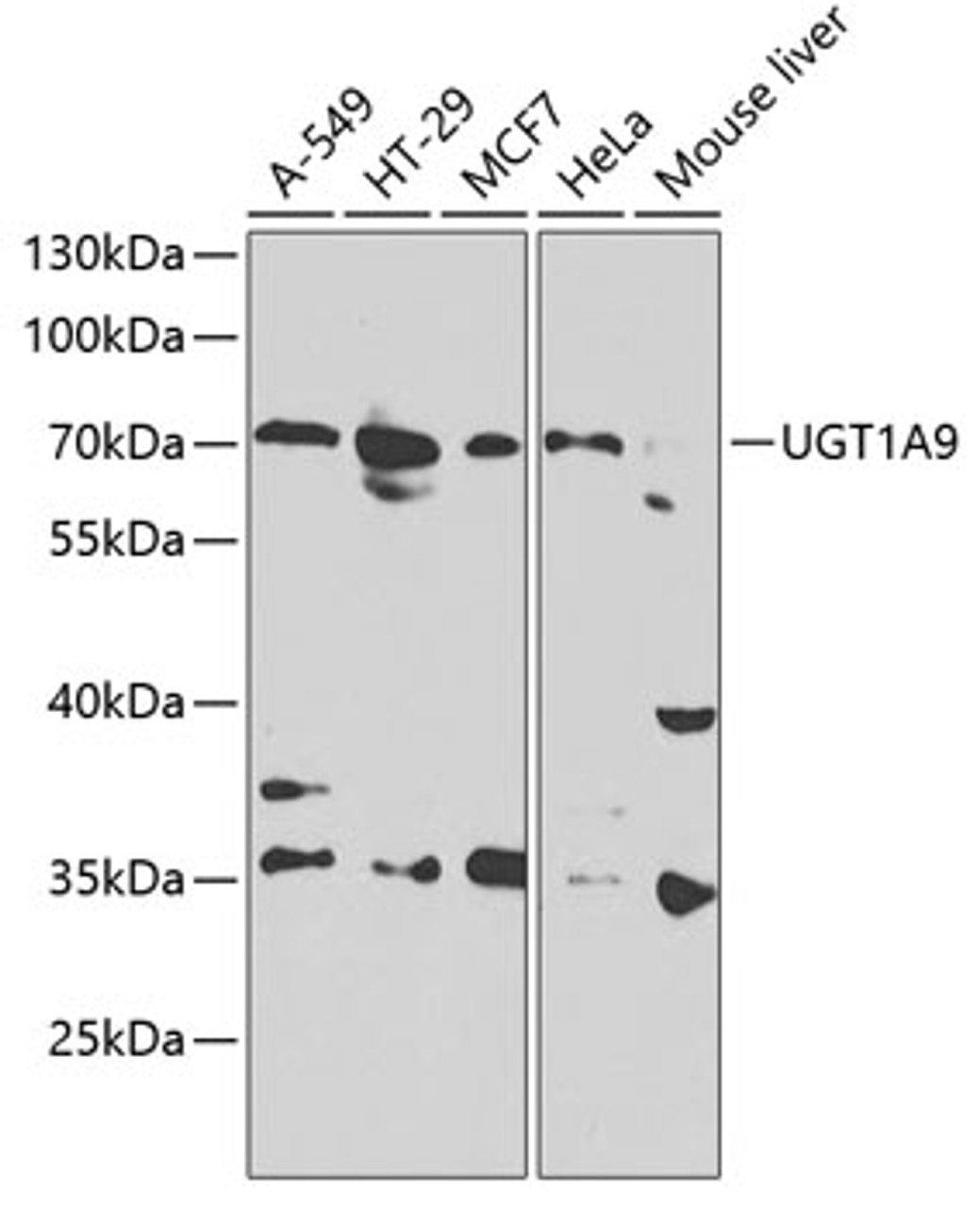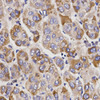Product Description
UGT1A9 Antibody | 16-677 | ProSci
Host: Rabbit
Reactivity: Human, Mouse, Rat
Homology: N/A
Immunogen: Recombinant fusion protein containing a sequence corresponding to amino acids 26-250 of human UGT1A9 (NP_066307.1) .
Research Area: Cancer, Signal Transduction
Tested Application: WB, IHC, IF
Application: WB: 1:500 - 1:2000
IHC: 1:50 - 1:200
IF: 1:50 - 1:200
Specificiy: N/A
Positive Control 1: A-549
Positive Control 2: HT-29
Positive Control 3: MCF7
Positive Control 4: HeLa
Positive Control 5: Mouse liver
Positive Control 6: N/A
Molecular Weight: Observed: 71kDa
Validation: N/A
Isoform: N/A
Purification: Affinity purification
Clonality: Polyclonal
Clone: N/A
Isotype: IgG
Conjugate: Unconjugated
Physical State: Liquid
Buffer: PBS with 0.02% sodium azide, 50% glycerol, pH7.3.
Concentration: N/A
Storage Condition: Store at -20˚C. Avoid freeze / thaw cycles.
Alternate Name: HLUGP4, LUGP4, UDPGT, UDPGT 1-9, UGT-1I, UGT1-09, UGT1-9, UGT1.9S, UGT1AI, UGT1I, UGT1A9, UDP-glucuronosyltransferase 1-9, UDP glucuronosyltransferase 1 family, polypeptide A9, UDP glycosyltransferase 1 family, polypeptide A9, UDP-glucuronosyltransferase 1 family polypeptide A9s, UDP-glucuronosyltransferase 1-I, UDP-glucuronosyltransferase 1A9
User Note: Optimal dilutions for each application to be determined by the researcher.
BACKGROUND: This gene encodes a UDP-glucuronosyltransferase, an enzyme of the glucuronidation pathway that transforms small lipophilic molecules, such as steroids, bilirubin, hormones, and drugs, into water-soluble, excretable metabolites. This gene is part of a complex locus that encodes several UDP-glucuronosyltransferases. The locus includes thirteen unique alternate first exons followed by four common exons. Four of the alternate first exons are considered pseudogenes. Each of the remaining nine 5' exons may be spliced to the four common exons, resulting in nine proteins with different N-termini and identical C-termini. Each first exon encodes the substrate binding site, and is regulated by its own promoter. The enzyme encoded by this gene is active on phenols.
 Euro
Euro
 USD
USD
 British Pound
British Pound
 NULL
NULL












